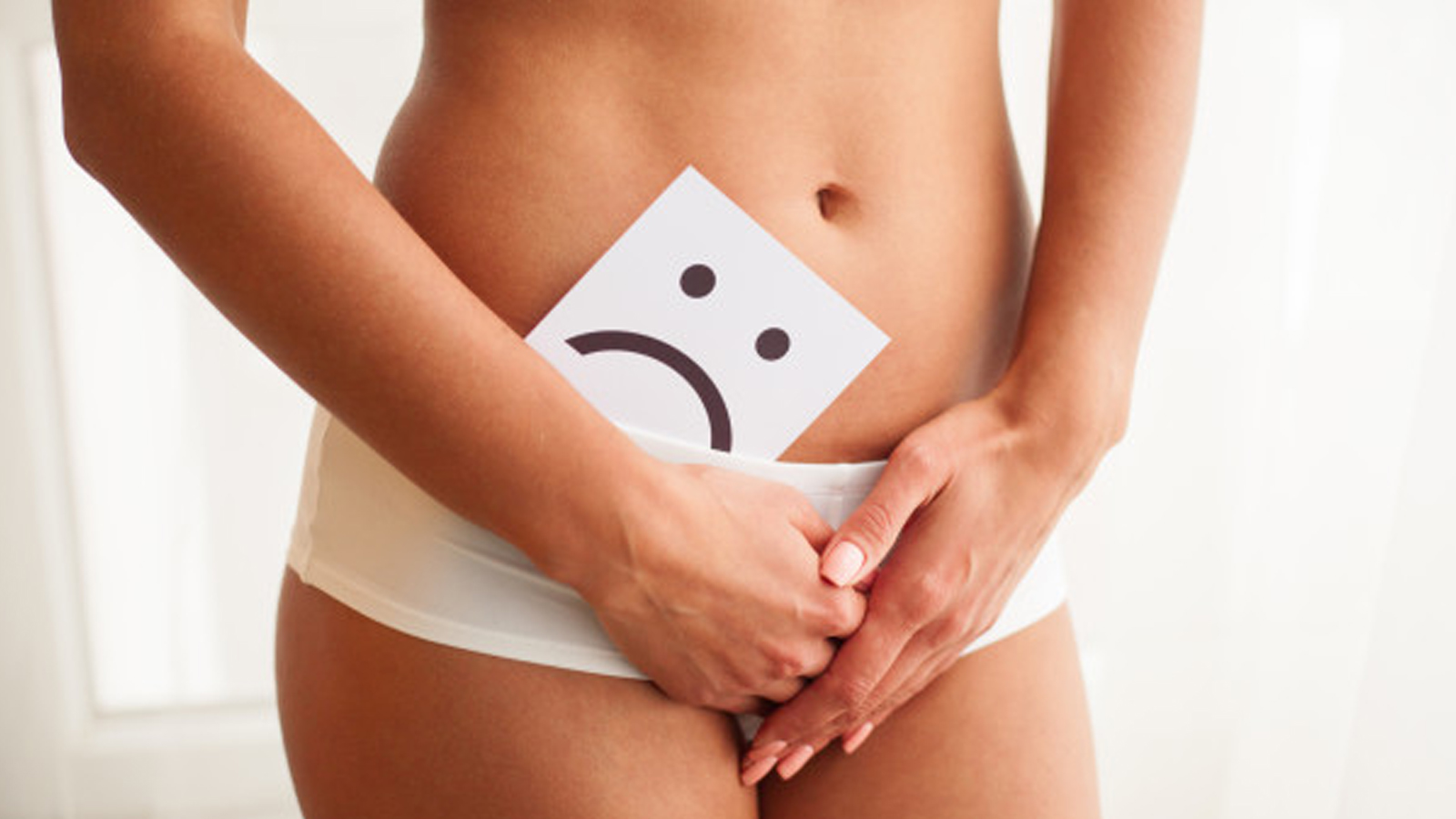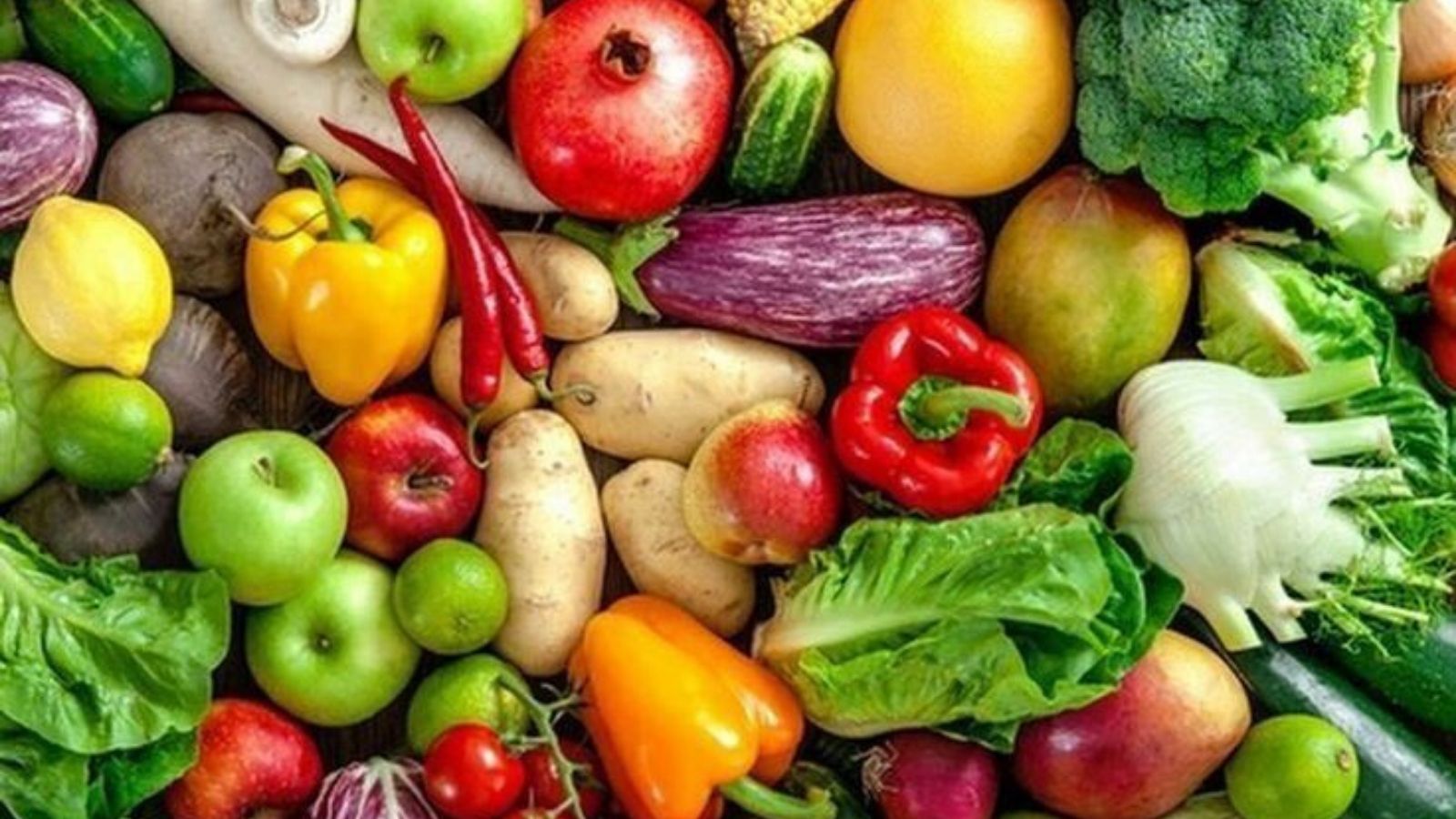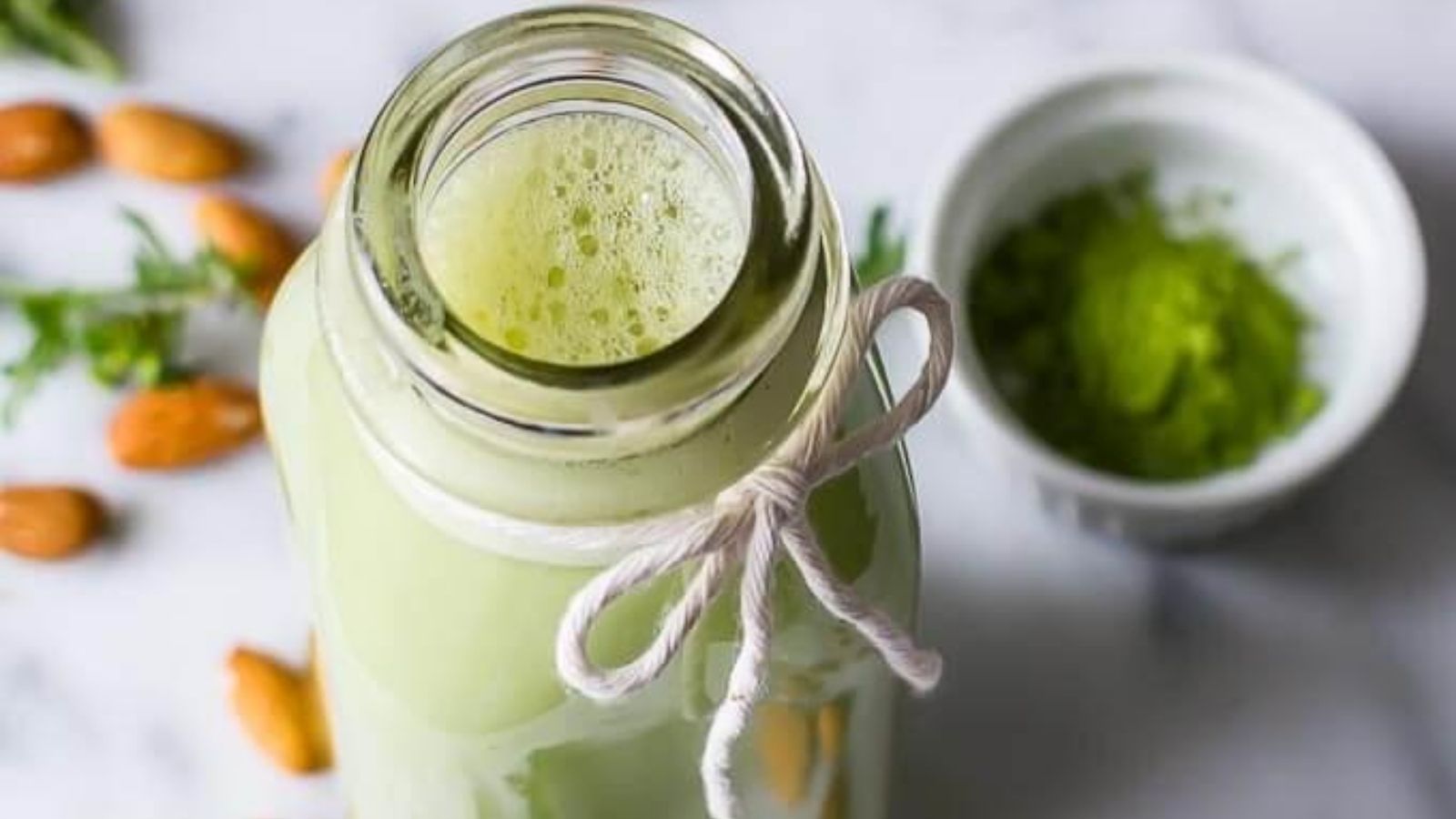Vagina: What’s Normal What’s Not
There are some subjects in life most of us do not talk about freely. It could be out of embarrassment, or it, being a social taboo, but either way, the comfort level when speaking about these subjects is never particularly high! One such topic is vaginal health.
It is usual for girls or women to notice changes in their vagina, be it physical changes like developing pubic hair, the occurrence of UTIs, painful periods, dryness or problems with incontinence after menopause or childbirth. Many healthy lifestyle changes can help address this problem and make your life much more pleasant and comfortable.
One thing is for sure; the taboo surrounding vaginal health must be addressed, so let’s talk about it!
The vagina is an elastic, muscular canal with a soft, flexible lining that provides lubrication and sensation. It connects the uterus to the outside world and is a vital organ, as it plays a role in sexual pleasure and is capable of bringing forth life. But, with age comes vaginal changes.
Here is what you need to know as you go through different stages of life:
- The vaginal changes begin from the age of 8 – 13 years when a female hits puberty. These changes are small, like pubic growth with an increase in estrogen levels.
- In the 20s, the estrogen levels peak, and this keeps the vagina in optimum health. The vaginal muscles are also very firm during the 20s.
- During the 30s, the inner labia may darken due to hormone changes. If there is an occurrence of pregnancy, then it can increase vaginal discharge, and it may appear milky with a mild odor, but should not be green, yellow, or smell bad or fishy.
- In the 40s, thanks to perimenopause (the time span just before menstruation stops), the vagina goes through significant changes. As estrogen levels in the body decrease, the vaginal walls become thinner and drier.
- In the 50s, menstruation stops and estrogen levels fall further or get depleted. The vulva may appear shrunken. Vaginal atrophy is a common problem for many women in their 50s. Due to low estrogen, the pH level of the vagina also changes. This may increase the risk of infection due to bacteria overgrowth, and hence women in this age group must take good care of their hygiene.
Are there any foods to keep your vagina healthy as you age?
Yes, a balanced vaginal pH needs to stay in the range of 3.8 – 4.5, which is acidic. The moment it strays out of balance for too long, bacteria have a chance to thrive and cause discomfort or Urinary Tract Infections (UTIs). There are a few signs you can check for, which could indicate a change in the vaginal pH:
- a foul or fishy smell
- unusual white, grey, or green discharge
- vaginal itching
- burning sensation when you urinate
Foods play an essential role in maintaining the pH balance, and some of the best foods for vaginal health are:
- Cranberries: Cranberries are rich in PACs (proanthocyanidins), a type of plant compound that makes the bladder slippery (and therefore more resistant) to coli, the bacteria that are linked to the most common type of urinary tract infection.
- Avocados: Avocados are ample in healthy fats, vitamin B-6, and potassium, all of which have positive effects on the libido. This fruit can enhance lubrication, strengthen vaginal walls, and may even increase the chances of IVF due to its good fat content. You can include this creamy fruit in your salad, sandwiches or smoothie!
- Sweet Potatoes: Sweet potatoes have vitamin A, which helps in building stronger, healthier vaginal walls, reducing the risk of miscarriage during pregnancies. They are also a good source of magnesium, which reduces inflammation in blood vessels, improving blood circulation and reducing bodily stress.
- Soy and Soy Products: Soy can be a bit of a controversial topic, but the phytoestrogens (compounds that mimic estrogen in the body) found in soy are good news for vaginal health, especially in people with reduced estrogen levels.
Here is how soy helps. Minimally processed and non-GMO soy products are hydrophilic (which allows your muscles to retain more water) and contain isoflavones (a plant-derived phytoestrogen) that have been studied for positive effects on women with low estrogen levels. Make sure you opt for minimally processed foods like edamame, tempeh and miso.
- Apple and Pineapple: The phytoestrogen, phloridzin and antioxidants in apples stimulate blood flow in your vagina, keeping it healthy and fresh. A 2014 study published on PubMed Central shows that these compounds also prevent the development of uterine fibroids.
Pineapple is a rich source of vitamin C, vitamin B, and fibre. Not only do these nutrients improve gut health, but they also help maintain your vagina’s natural smell by keeping it healthy and preventing any infections.
- Dark Green Leafy Vegetables: Dark leafy greens are blood-purifying and enhance circulation due to the presence of dietary nitrates. This can help prevent vaginal dryness and increase stimulation, along with being rich in vitamin E, magnesium, and calcium, all of which are beneficial to muscle health, including the vaginal muscles. Include more celery, dill (sarson saag), methi leaves and spinach in your diet.
- Fermented Foods: Fermented food reduces the risk of bacterial vaginosis. Commonly found in Asian cuisines, fermented foods such as kimchi, miso, sauerkraut, tempeh, buttermilk, rice kanji and pickles are bursting with healthy bacteria which can help your vagina maintain its natural pH levels. This is essential as the vagina naturally contains good and bad bacteria, which need to be carefully balanced, for if this balance is altered, you could risk developing an infection such as Bacterial Vaginosis (BV).
- Plant-based Fatty Acids and Oils: Nuts like almonds and walnuts contain calcium and B vitamins which help in strengthening the uterine walls. Brazil nuts are a good source of selenium and vitamin E, which help combat dryness in the vaginal mucosal membranes.
Nuts are also an amazing source of plant-based fats like Omega 3 fatty acids. Omega 3 helps boost circulation and blood flow. Coconut oil is unquestionably a healthy addition to your diet, as it is a rich source of saturated fats. It is also a good idea to apply some coconut oil in and around the vagina to keep it healthy and clean. The oil has antifungal and antibacterial properties and helps in preventing yeast infections, while also keeping the vagina lubricated.
Last but not least,
- Prebiotics and Probiotics: Probiotics are good for more than just your gut. They balance your pH levels and help ward off infections. They also help in regulating the microflora, improving the vaginal acidity and preventing harmful microbes from sticking to the vaginal tissue. Prebiotic compounds help in stabilizing the vaginal pH by promoting the growth of healthy bacterial populations. Foods rich in prebiotics are leeks and onions, asparagus, garlic, oats, soybeans, and bananas.
To improve both your gut and vaginal health, eat a combo of prebiotic foods like garlic, onions, and raw leeks along with probiotic foods like yoghurt, kimchi, pickles, sauerkraut, tempeh, and kombucha.
- Hydration: This is key for the proper functioning of the vagina, which has its own self-cleaning system. Adequate water intake will increase lubrication, allow secretions to be released and maintain the right pH balance of vaginal tissues.
Also read, DIY Washes for Vaginal Health and Hygiene.
References:
· Vitamin A in Reproduction and Development
· The function of vitamin A in cellular growth and differentiation, and its roles during pregnancy and lactation
· The Role of Soy Foods in the Treatment of Menopausal Symptoms
· Effects of Isoflavones on the Skin of Postmenopausal Women: A Pilot Study
· NITRATE IN LEAFY GREEN VEGETABLES AND ESTIMATED INTAKE
· Are Nitrates and Nitrites in Foods Harmful?
· Effects of sea buckthorn oil intake on vaginal atrophy in postmenopausal women: A randomized, double-blind, placebo-controlled study
· Vaginal Microbiota and the Use of Probiotics
|
From a pimple to cancer, our You Care Wellness Program helps you find a way Talk to our integrative team of experts today 18001020253 |










Leave a Reply